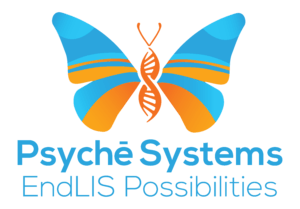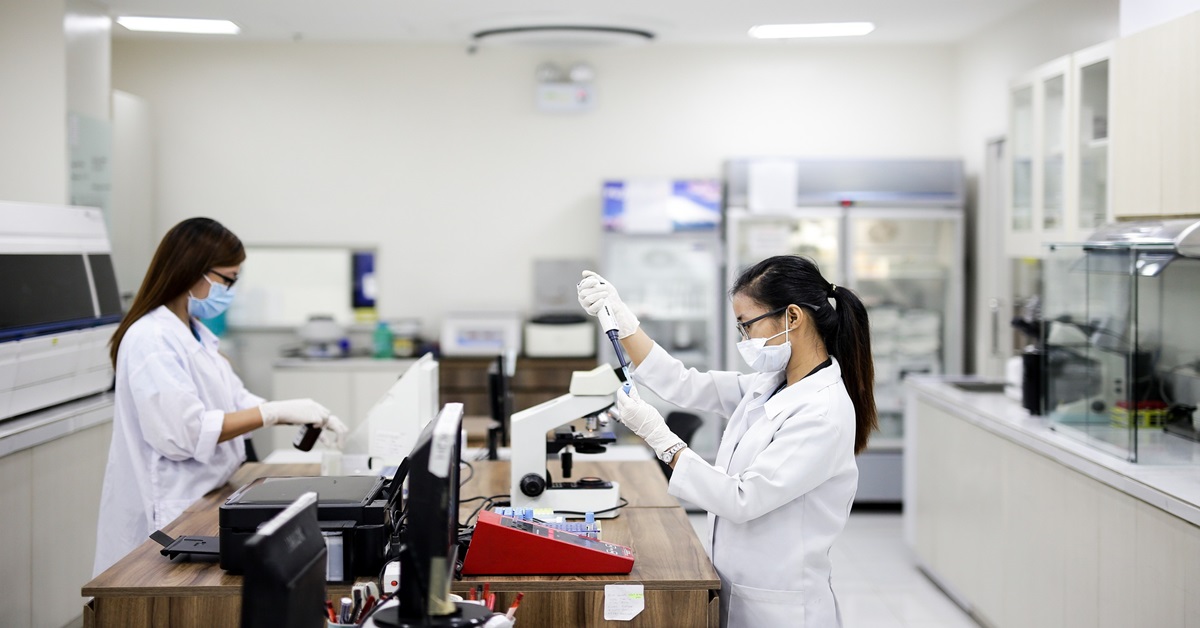Laboratory professionals, such as pathologists, collaborate with primary care physicians and other specialists while conducting lab tests to diagnose or rule out various conditions and diseases. A laboratory information system (LIS) provides convenience by helping staff process, store, and manage patient information related to laboratory work and tests.
While an electronic health records (EHR) system is designed to manage patient records, LIS specifically supports labs. This unique software helps produce high-quality data, providing numerous benefits for any lab.
This specialized software solution enhances efficiency and patient care in dermatology labs by streamlining test requests, automating crucial lab workflows, and improving data analytics. This article will examine how LIS software can take your lab operations to the next level. Let’s dive in!
Streamlining Test Requests and Results
Sending medical test information and order details from an EHR to an LIS system is easy because the process is entirely digitized. LIS eliminates the need for paper records, drastically reducing the risk of human data entry errors.
By providing a centralized system, LIS software ensures that samples and patient details match accurately, lowering incidents of mislabeling or patient mix-ups. In dermatology labs, accuracy is essential because precise sample identification lays the groundwork for a faultless diagnosis and treatment process.
After diagnosis, LIS software helps automatically store and distribute digital results throughout the medical care chain. Test results are always available as needed, granting healthcare providers swift access to the information they need.
Automating Lab Workflows
Transparency and accountability are crucial as samples move through all the various stages within a lab workflow. An LIS system enhances these two aspects by accurately tracking samples when they first arrive at the lab, all the way to the analysis, storage, and disposal stages. It’s like fitting samples with a reliable GPS tracker, meaning you can effectively track and manage all the necessary details.
When you have priority samples at the lab, LIS software will ensure they receive the swift attention they need. This improved efficiency is a result of the following factors:
- Tagging the priority specimen: There are numerous reasons why a sample might require priority attention. A biopsy sample from a potentially malignant skin lesion may require prioritization. An LIS system can mark these samples as such.
- Alerting staff: Once certain samples are prioritized, the LIS software alerts the relevant lab staff. These alerts can be sent via email or an internal interface message.
- Offering handling instructions: LIS systems can also provide staff with specific instructions. This additional detail can include specifying the appropriate handling techniques, the necessary tests, or any particular resources or equipment that should be used.
- Ensuring quick processing: Dermatological conditions can vary in urgency and severity, necessitating timely processing for swift and accurate diagnoses. LIS software helps ensure that the samples requiring immediate attention get it.
- Effective workload management: Automated workflows within the LIS system provide accurate instrument readings and automatically record results. There is rarely a need for manual data entry, which lowers the risk of human errors and allows patients to get their results faster.
Enhancing Data Analytics
Data analysis helps predict events, triggers, and epidemic trends or patterns. However, data analysis cannot be reliable without accurate historical data. With an LIS, your lab can compile all test results, statistics, and metrics in a centralized database. This database then becomes the foundation for analyzing laboratory performance and patient outcomes.
Since the LIS system can handle and compile large volumes of data, your dermatology lab staff will have access to all the information they need to perform accurate analysis, allowing them to check for trends, gaps, and areas where improvements might be required. With a reliable, data-driven approach in place, your business can optimize lab processes to improve patient care. For instance, the system can help identify an increased inflow of samples that may cause process bottlenecks, necessitating an upgrade or more training to help handle the added workflow.
The system can also assist with research and studies since it collects aggregated and de-identified data. Analyzing this health record data can help assess the prevalence of common chronic diseases in patients who visit healthcare facilities. Such healthcare insights and statistics could play a vital role in spotting and curbing outbreaks proactively.
Conclusion
A Laboratory Information System (LIS) is a vital healthcare asset that helps to streamline and automate lab processes. This system helps reduce turnaround times, from sample receipt to results reporting and enhances patient outcomes. It is also a vital tool for collecting and analyzing crucial medical data to streamline your healthcare business’s processes or for research purposes.
With technological advancements in laboratory instrumentation triggering higher specimen volumes and massive demand for accurate laboratory data, operating without effective LIS software would be imprudent.
NucleoLIS has been designed to integrate into any modern lab environment and immediately start improving everyday processes. It is the perfect solution for dermatology labs looking to accelerate the implementation and deployment of alternatives at competitive rates. Contact the Psyche Systems team today to schedule a demo or arrange a consultation.

